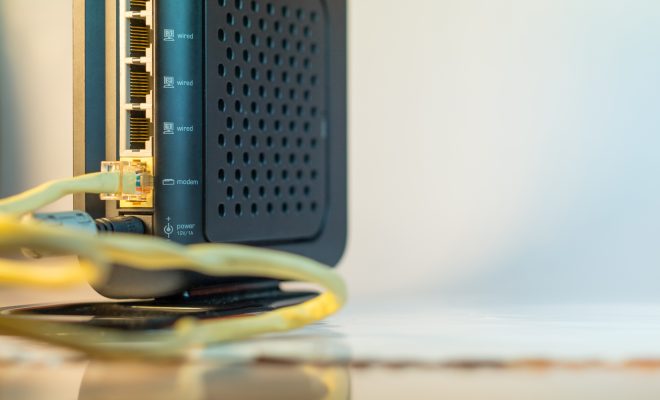What Is Doxxing, Is It Illegal, and How Do You Protect Yourself From It?

Doxxing is the practice, typically done by hackers or activists, of researching and revealing personal information about an individual or entity, often with malicious intent. This can include information such as name, address, phone number, social security number, and even private conversations or photos.
Doxxing can be very damaging to the victim, potentially leading to physical harm, online harassment, and identity theft. It is a violation of privacy and can be considered a form of cyberbullying.
In many cases, doxxing is illegal. Depending on the specific circumstances, it can be classified as stalking, harassment, or even extortion. The consequences for doxxing can be severe, including fines, imprisonment, and civil lawsuits.
So how can you protect yourself from being doxxed? Here are a few tips:
1. Keep your personal information private. Be careful about what you post online and who you share it with. Use strong passwords and two-factor authentication on all of your accounts.
2. Don’t engage with trolls or cyberbullies. Responding to negative comments or messages can fuel their behavior and make you a target for doxxing.
3. Use privacy settings. Most social media platforms have privacy settings that allow you to control who can see your information and posts. Make sure to use these settings to protect your personal information.
4. Be cautious about who you trust online. It’s important to be aware of the risks of sharing personal information with strangers, even if they seem trustworthy.
5. If you are doxxed, take action immediately. Report it to the police, your employer, and any relevant websites or social media platforms. Consider changing your phone number, email address, and/or social media accounts to protect your privacy.



